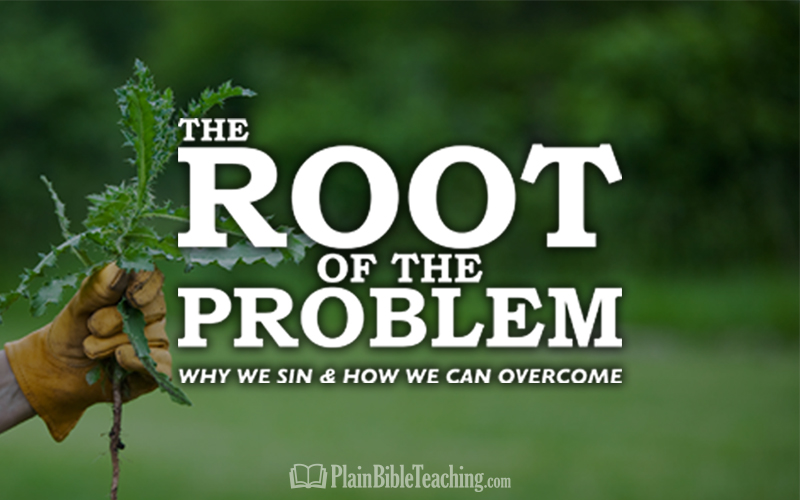
Onesimus was one who endured social and economic inequality as a slave. We learn about him in the letter Paul wrote to his master, Philemon.
“I appeal to you for my child Onesimus, whom I have begotten in my imprisonment, who formerly was useless to you, but now is useful both to you and to me. I have sent him back to you in person, that is, sending my very heart, whom I wished to keep with me, so that on your behalf he might minister to me in my imprisonment for the gospel; but without your consent I did not want to do anything, so that your goodness would not be, in effect, by compulsion but of your own free will. For perhaps he was for this reason separated from you for a while, that you would have him back forever, no longer as a slave, but more than a slave, a beloved brother, especially to me, but how much more to you, both in the flesh and in the Lord” (Philemon 10-16).












